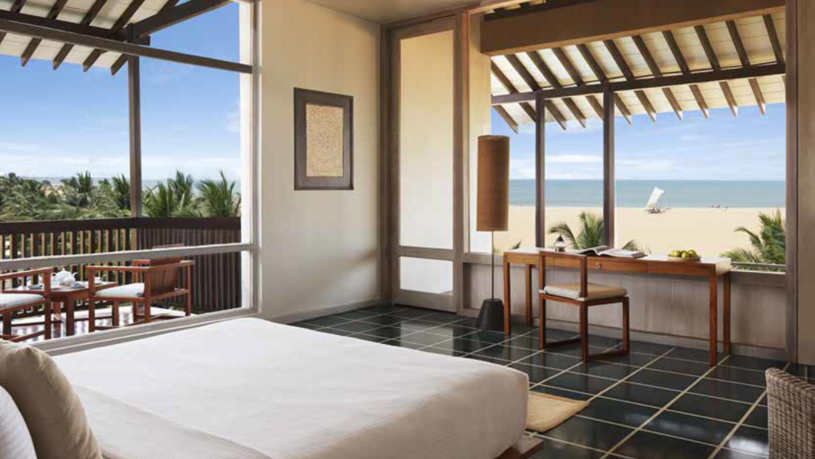In times of a changing climate, increasing fossil energy prices and growing amounts of tourists with evolving environmental consciousness, are prompting hoteliers in tropical destinations such as Sri Lanka to pursue a new pathway to maintain their hotel business in a sustainable manner.
Refrigeration and air conditioning in these hotels often makes up more than 50% of the total energy consumption. In many cases, this corresponds to half of the hotel’s carbon footprint, and the single fastest-growing cost point of typical hotel operations in zones with high ambient temperatures.
Driven by a steady economic growth, GHG emissions in Sri Lanka have been increasing continuously over the last decades. According to estimates of the Green Cooling Initiative, the RAC sector accounts for approximately 4.79 MtCO2eq (2014), or 15%, of the national GHG emissions, with the hotel industry making up a major share. Aware of these developments, the Government of Sri Lanka emphasized GHG mitigation on the energy demand side – such as RAC in commercial operations - in its recently published climate action plan (Intended Nationally Determined Contribution or INDC).
Given its growing significance, mitigation efforts in the RAC sector can play an important role in reaching the country’s climate targets. The Green Cooling Initiative has analysed RAC equipment and management in ten entities of the Jetwing Hotel Group. Based on current equipment and a calculated business-as-usual (BAU) scenario, a set of four key GHG mitigation strategies have been proposed.

